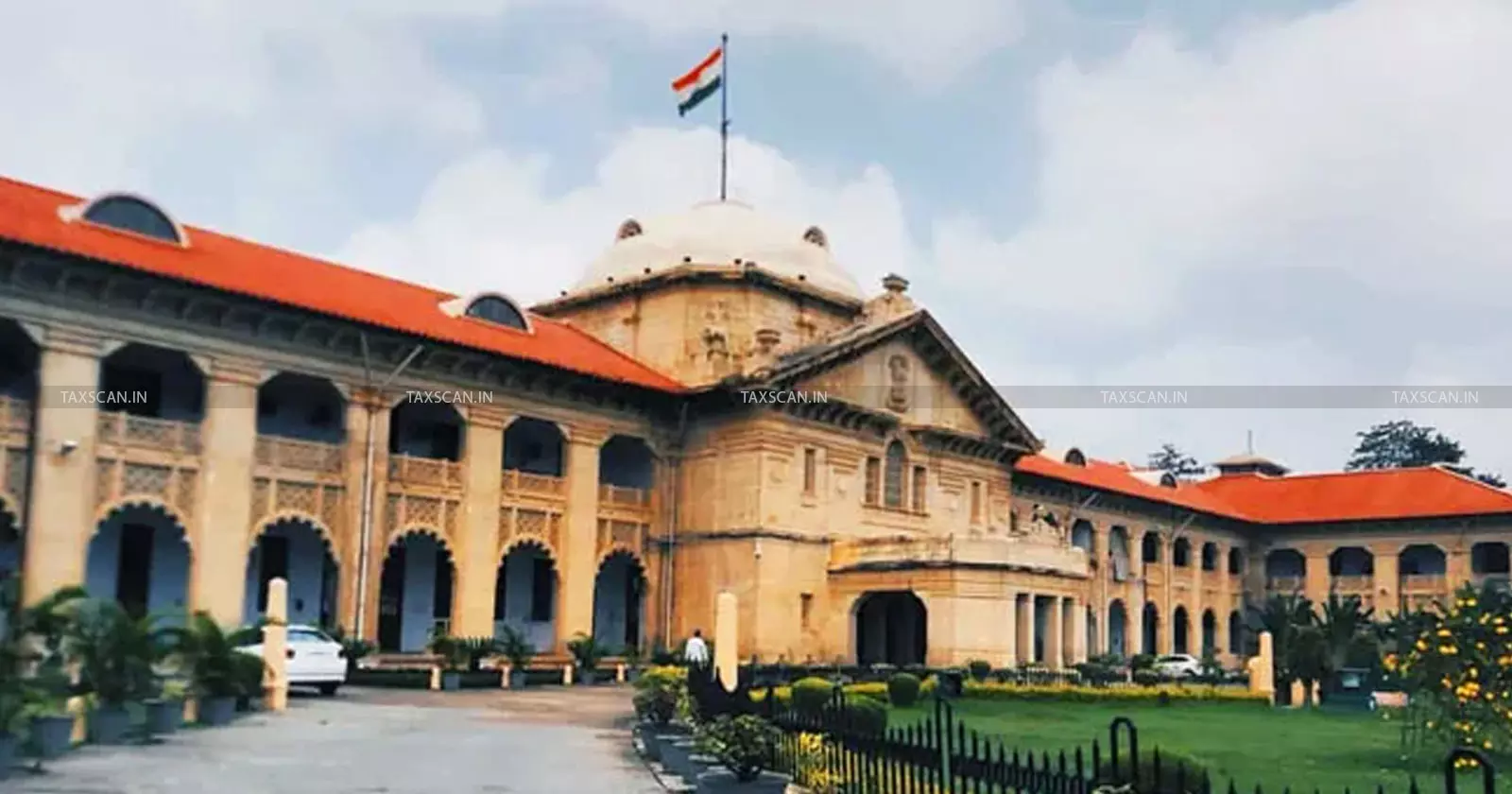Telephone Handsets to Subscribers Amounts to Transfer of Right to Use Goods, 10% of Rental Receipts Taxable: Allahabad HC in BSNL Case [Read Order]
Allahabad HC held that providing telephone handsets to subscribers constitutes transfer of right to use goods, making 10% of rental receipts taxable under Section 3F of the U.P. Trade Tax Act.

Telephone Handsets - Subscribers Amounts - Transfer - Goods - Rental Receipts Taxable -Allahabad HC
Telephone Handsets - Subscribers Amounts - Transfer - Goods - Rental Receipts Taxable -Allahabad HC
In a recent ruling, the Allahabad High Court held that providing telephone handsets to subscribers amounts to a transfer of the right to use goods and that 10% of rental receipts could be taxed under Section 3F of the U.P. Trade Tax Act.
Bharat Sanchar Nigam Ltd. (BSNL), the petitioner, challenged the order of the Trade Tax Tribunal, Bareilly, dated 31 July 2024, concerning assessment year 2003-04. Earlier, the matter had been remanded by the High Court in 2021, directing BSNL to provide agreements with subscribers or records to separate handset charges from service charges.
Read More: Taxpayer Entitled to Interest on Refund Under DTVSV Act DespiteSection 7 Bar: Kerala HC [Read Order]
The petitioner’s counsel argued that telephone instruments supplied to customers were not sold but merely provided as part of telecom services, to be returned on disconnection, and that rental income was already subject to service tax.
They relied on the Supreme Court’s ruling in BSNL v. Union of India (2006) to argue that telecom contracts are composite in nature and cannot be split for sales tax purposes.
The petitioner’s counsel argued that the Tribunal had wrongly treated part of the rent as taxable, despite the fact that no separate charge for handsets was made in its accounts. They submitted that the Tribunal failed to properly apply the Supreme Court’s ruling and the High Court’s earlier directions.
The State’s counsel argued that BSNL failed to produce subscriber agreements or any bifurcation of receipts. The counsel pointed out that sample bills clearly showed rent collected for instruments and accessories.
They argued that in the absence of records, the tribunal rightly estimated 10% of rental receipts as attributable to the use of telephone instruments.
The Bench comprising Justice Piyush Agrawal observed that BSNL had not produced the necessary agreements or records despite being given an opportunity after remand. The court explained that the sample bills supported the Tribunal’s finding that part of the rental related to the right to use telephone handsets, while ownership remained with BSNL.
The court pointed out that where evidence is lacking, estimation by the Tribunal was justified, and that the Supreme Court ruling in BSNL did not help the petitioner in this factual situation.
The court upheld the Tribunal’s decision, holding that BSNL was liable to pay trade tax on 10% of rental receipts treated as consideration for the right to use goods. The revisions were dismissed.
Support our journalism by subscribing to Taxscan premium. Follow us on Telegram for quick updates


